Manufacturing
Leveraging innovative technology
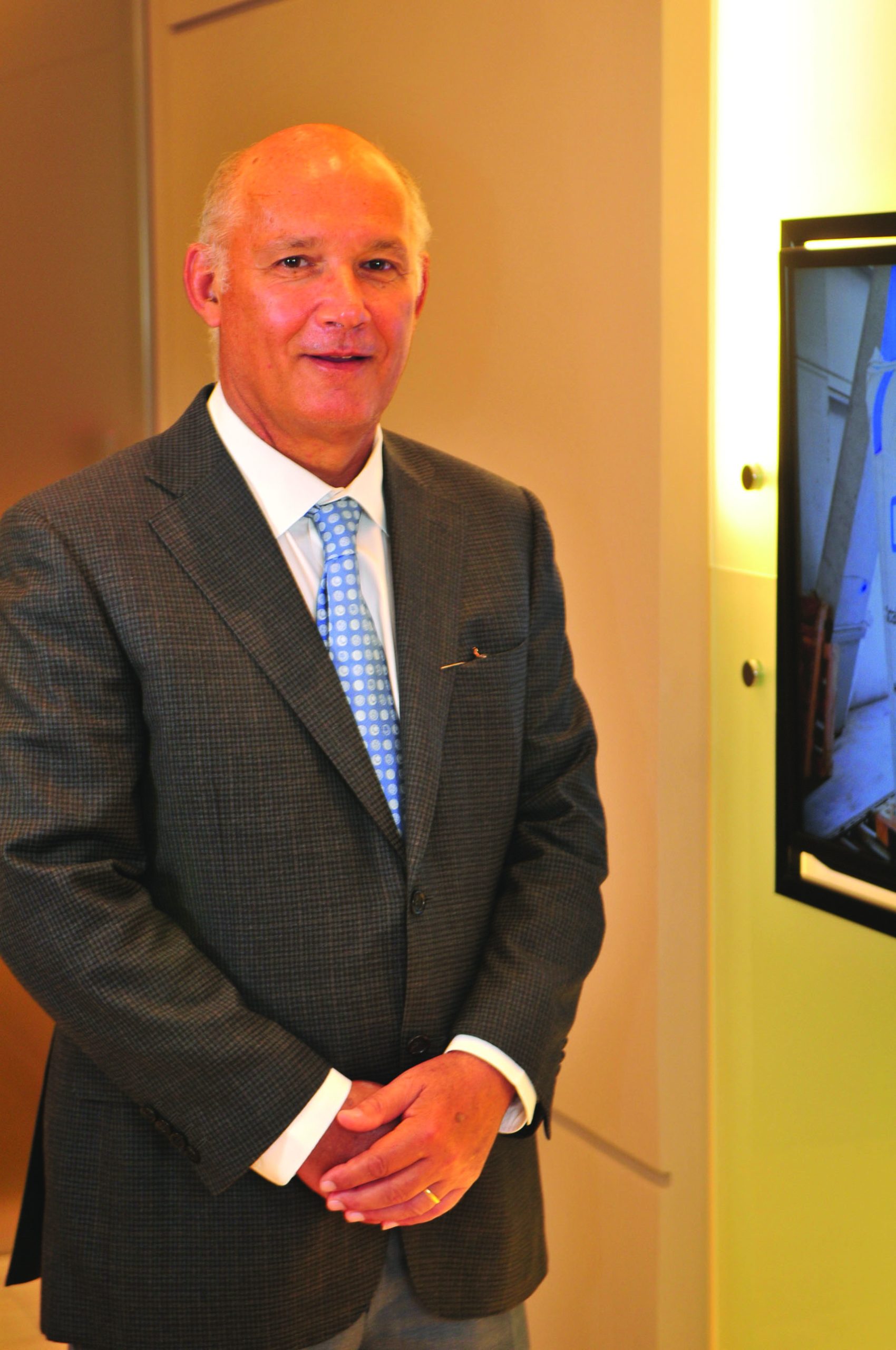
Innovation through technology will enable the manufacturing sector to improve efficiency, augment revenue and reduce risk, says Nicholas P Barakat, CEO of Octal
What are the challenges for the manufacturing sector in the years ahead?
Managing growth and margin is always a major challenge. This means managing our customer base, supporting our banks and rewarding investors. The other significant challenge is talent acquisition and retention. We invest a lot in higher education and the professional skill development of our employees. Octal is dedicated to an operational environment in which all employees are encouraged to pursue opportunities for learning and professional growth and to draw on its intellectual resources as well as external sources in seeking those opportunities.
The key challenges that we need to address in the sector include competitiveness of the business environment. Despite increases in the Sultanate’s rankings in the World Bank Ease of Doing Business Index, there are a number of significant opportunities for Oman to improve the business environment, which would, in turn, affect the Sultanate’s attractiveness to local and foreign investors.
Smart and effective transportation and logistics systems are increasingly becoming the backbone of the current world economy. The Middle East has been heavily investing in its infrastructure, but these innovations are still fairly novel and not broadly deployed because not all markets have pursued these technologies in tandem.
The Sultanate is looking at continuing to develop infrastructure. From ports and freezones to roads and airports – this development will further help contribute to more competitiveness. With its commitment to ethical conduct and social responsibility strongly aligned with our vision, the challenge has always been in the delivery of consistent social, economic and environmental benefits to stakeholders and the local community.
How do you foresee Oman’s economic growth in 2019?
The International Monetary Fund (IMF) has predicted Oman will become the fastest growing economy in the GCC region next year. In its report titled ‘Economic Outlook for Middle East’, the IMF forecast that the Sultanate will post the highest growth rate in GDP with 4.2 per cent. Lower oil prices may slow development in some parts of the region but this hasn’t deterred development either. In fact, it has allowed many countries to reassess and look for better ways for economic diversification.
The Tanfeedh government initiative aims to contribute to the achievement of the Sultanate’s vision of economic diversification. The three key sectors it focuses on are tourism, manufacturing, and logistics. Octal has significantly contributed to the Sultanate’s economic diversification and is one of its major non-oil exporters. Octal’s global reach contributes to the diversification of Oman’s economic base by generating further direct and indirect employment opportunities for the people of the Sultanate.
We are working closely with SMEs and other manufacturers to develop the downstream PET (Polyethylene terephthalate) industry and formulate a strategic outline and vision to contribute to boosting Oman’s vision of a diversified economy. Seaports’ expansion is a core of the Sultanate’s diversification and economic growth. Oman’s 2,100km coastline combined with a history of friendly relations with its neighbors has created a unique opportunity for it to become the logistics gateway to the GCC’s 50 million plus consumers and a key transshipment center between Europe and Asia. The logistics sector is central to the economic growth and competitiveness of countries, and it is now recognised as one of the core pillars of economic development. With free trade zones and other incentives, the region is becoming more appealing for investments.
What is your industry outlook for 2019?
The global demand for plastic recycling is forecast to report strong growth driven by consumption in major emerging markets. More growth opportunities will emerge between 2019 and 2025 as compared to the past five years, suggesting a rapid pace of change. We are actively looking at setting up an Advanced Polymer Research Centre dedicated to PET in Salalah, which will regroup current research and focus on a recycling pilot plant. This will position Oman as a leading center for PET.
PET is taking over the plastics sphere as styrene and PVC are being phased out and polypropylene will likely be next. There is demand and we want to meet it. We are looking into diversifying our presence globally and are currently seeing the demand for our products exceed our target goals and expectations. This, of course, requires investments that will allow us to increase production. At Octal, we will continue to combine environmental responsibility and cost-effectiveness by leveraging our innovative technology, manufacturing prowess, and global reach, to meet the evolving needs of our growing customer base. Our focus on sustainability has achieved the industry’s lowest energy input and CO2 emissions per ton of production.
We believe a strong manufacturing industry is fundamental to Oman’s continued prosperity and vital to boosting the Sultanate’s non-oil exports. Companies within the sector need to focus on local production as opposed to importing materials from abroad. In just 10 years within the region, we have seen significant growth. We have become the world’s leader in clear rigid integrated packaging solutions, and the world’s largest producer of PET resin and sheet on a single site.
What are the new areas that Octal plans to foray into in 2019?
We are currently increasing production capacity by about 100,000 tons by adding four sheet lines to our reactors, two this year and two in 2019. We have invested in technology introducing PET in applications never seen before.
We are looking to diversify our customer base by expanding our geographical presence. Latin America is one area in which we have designated teams dedicated to meeting the needs of customers in that specified region, which to date has proven to yield positive results. We are also looking into expanding into Europe and Asia and have plans to open an office in Indonesia next year to provide more products to those regions. Asian and Latin American markets are booming with the demand for packaging solutions for the food and beverage industry.
Moving forward in 2019, we are targeting large-scale conversion opportunities with new performance features, and looking to enter larger markets, more specifically the top markets including the number one spot in Bolivia, Paraguay, Uruguay, and Argentina. We are increasing the capacity of our Cincinnati plant by up to 50,000 tons, which is an extremely large amount considering the use of unconventional technology.
We are exploring more areas within the region including Mexico, the west coast and the American Midwest in which we are looking at investment opportunities to also increase our production. At Octal, we will continue to combine environmental responsibility and cost-effectiveness by leveraging our innovative technology, manufacturing prowess, and global reach, to meet the evolving needs of our growing customer base.
How was the year 2018 for the manufacturing sector in general and Octal in particular?
The manufacturing sector saw its strongest year of growth in 14 years according to the ISM (Institute for Supply Management) Manufacturing Index. The manufacturing sector in Oman recorded a growth of 17.8 per cent in the first quarter of 2018. Innovation through technology will enable the sector to improve efficiency, augment revenue and reduce risk. Chemicals and petrochemicals accounts for 63% of the entire Omani manufacturing sector.
Octal has proven that innovation combined with an unwavering commitment to the best interests of customers, shareholders, employees, and the community at large, can and will enable growth to be sustained. This approach has taken Octal from a single PET resin and sheet production plant in Salalah to a global operator with four plants globally. We now have a workforce of more than 600 people, producing one million tons of PET resin, DPET, APET and RPET sheet and printed PET packages per year.
Octal has embraced a global approach built around achieving recognition as a reliable source for the food and packaging industry. Our continuing growth is driven by an upward trajectory in demand for our fully recyclable and sustainable packaging solutions. In September Moody’s Investors Service assigned a B1 corporate family rating and B1-PD probability of default rating to Octal Holding SAOC. This was the first time Moody’s had assigned a rating to Octal, a clear indicator of our reliability tied to a sound economic judgment.
-

 OER Magazines2 months ago
OER Magazines2 months agoOER, September 2024
-
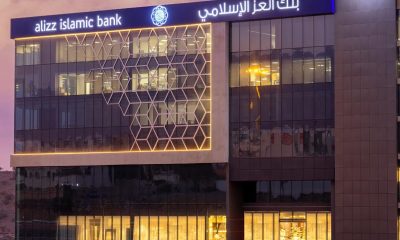
 Alamaliktistaad Magazines2 months ago
Alamaliktistaad Magazines2 months agoAl-iktisaad, September 24
-
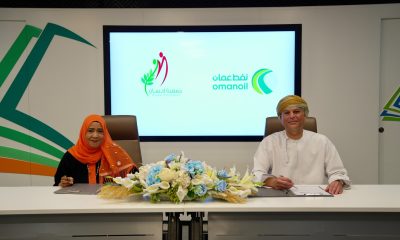
 Uncategorized1 month ago
Uncategorized1 month agoOman Oil Marketing Company partners with Ihsaan Association to support its activities
-

 Commodities1 month ago
Commodities1 month agoGold Rangebound as Investors Brace for Key US Economic Data
-

 Banking & Finance2 months ago
Banking & Finance2 months agoApple Pay Officially Launched in Oman
-

 OER Magazines3 weeks ago
OER Magazines3 weeks agoSignature, October 24
-
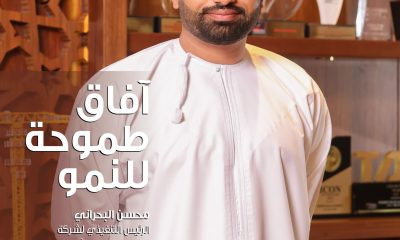
 Alamaliktistaad Magazines3 weeks ago
Alamaliktistaad Magazines3 weeks agoAl-iktisaad, October 24
-
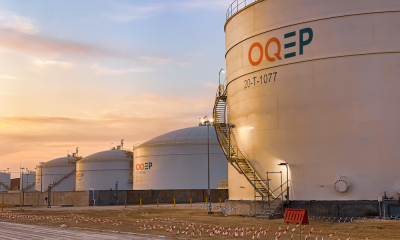
 Oil & Gas1 month ago
Oil & Gas1 month agoOQEP Appoints United Securities as Liquidity Provider Ahead of Landmark MSX Listing




























You must be logged in to post a comment Login